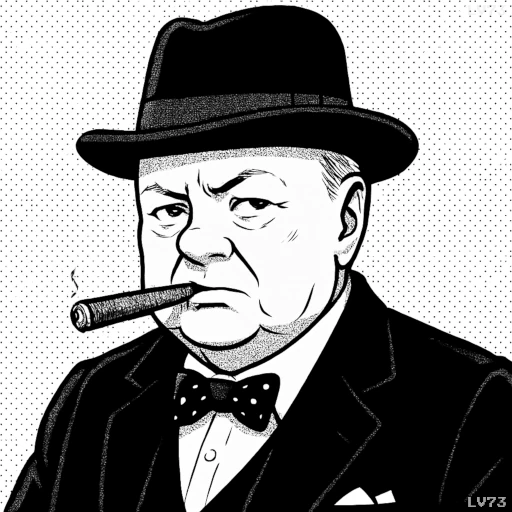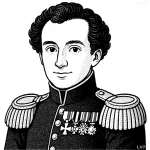“True genius resides in the capacity for evaluation of uncertain, hazardous, and conflicting information.”

- November 30, 1874 – January 24, 1965
- British
- Politician, army officer, writer
table of contents
Quote
“True genius resides in the capacity for evaluation of uncertain, hazardous, and conflicting information.”
Explanation
In this quote, Winston Churchill defines genius as the ability to navigate complex, ambiguous, and often contradictory situations. He emphasizes that true brilliance is not just about having intellectual capacity or creativity, but about the ability to make sense of uncertainty and make informed decisions despite the chaos. This kind of genius involves critical thinking, judgment, and the capacity to synthesize information that may seem conflicting or incomplete into a cohesive understanding, allowing one to make the best decision possible given the circumstances.
Churchill, as a leader during World War II, was faced with constant uncertainty and often had to make critical decisions with limited information and in the face of great risk. His strategic decisions during the war required him to evaluate conflicting intelligence, shifting alliances, and unpredictable outcomes, all while leading a nation under siege. His ability to weigh conflicting information, remain resolute, and act decisively is a key reason for his reputation as one of history’s great leaders.
In a broader context, this quote underscores the value of judgment and adaptability in any field, whether in business, politics, or personal decisions. It suggests that genius is not just about having answers, but about having the ability to analyze complex situations, assess conflicting perspectives, and make decisions that can lead to positive outcomes despite uncertainty. The ability to evaluate information in such situations is a key characteristic of effective leadership and problem-solving.
Would you like to share your impressions or related stories about this quote in the comments section?




